4 Herbal Medicine to Improve Male Fertility
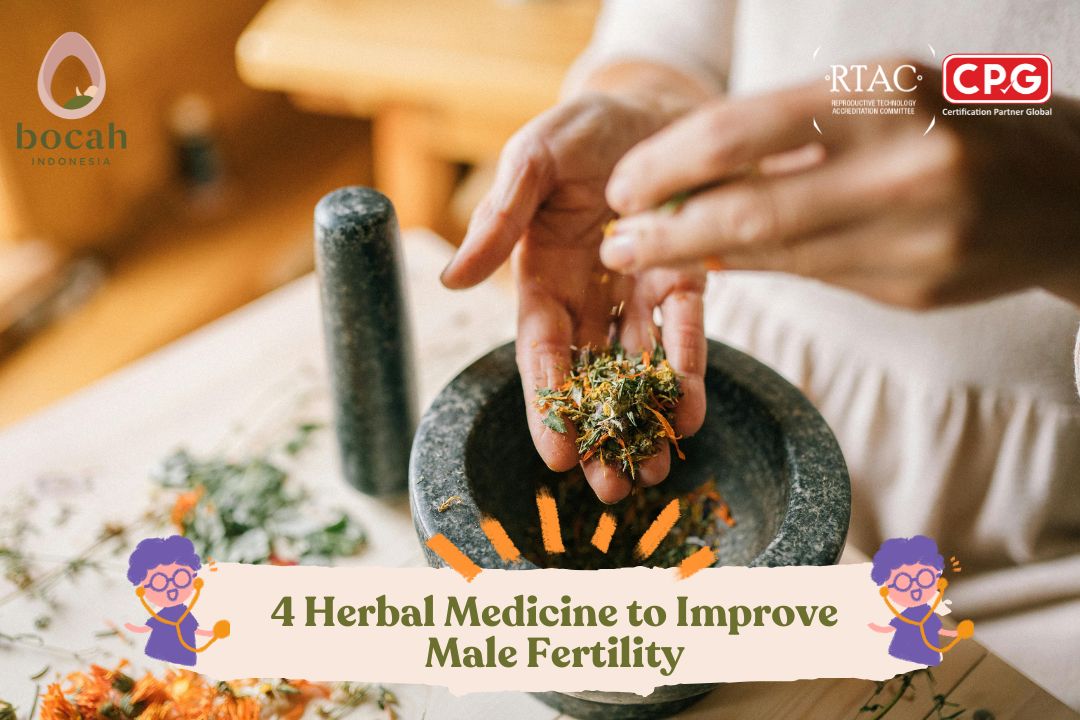
In addition to consuming a healthy diet and fertility-supporting vitamins, many believe that herbal remedies can also play a key role in enhancing reproductive health.
Achieving pregnancy requires cooperation from both partners. Infertility is not solely a female issue—male fertility problems also contribute significantly to conception challenges.
Male infertility is most often linked to sperm-related issues. Beyond dietary changes and supplements, some men turn to traditional or herbal medicine to improve fertility outcomes.
Types of Herbal Medicine to Enhance Male Fertility
Herbal Medicine are commonly used as alternative treatments for couples struggling with fertility and trying to conceive. However, medical consultation is strongly recommended before starting any herbal regimen to prevent unintended side effects or interactions.
Here are four well-known herbal medicine that are often used to support male fertility:
Tanya Mincah tentang Promil?
1. Bee Pollen
Bee pollen is a natural substance composed of flower pollen, nectar, enzymes, honey, wax, and bee secretions. It contains essential amino acids, vitamin A, B3, B5, D, and bioflavonoids.
Bee pollen is believed to significantly improve sperm count and quality. It may also boost libido, which can further increase the chances of conception.
2. Galangal Root (Alpinia galanga)
Galangal root, a spice similar to ginger and turmeric, is another herbal remedy worth considering. A study published in PLOS ONE showed that 66 men with poor sperm quality experienced a 62% improvement in sperm motility after consuming a herbal extract containing galangal root and pomegranate fruit.
3. Turmeric (Curcuma longa)
A staple in traditional herbal medicine, turmeric is thought to help preserve sperm quality and prevent certain fertility-related complications.
According to the International Journal of Andrology, the antioxidants in turmeric may improve sperm motility and protect sperm cells from oxidative damage caused by environmental toxins or chemicals.
4. Black Seed (Nigella sativa or Habbatussauda)
Black seed, or Nigella sativa, is rich in thymoquinone, a compound known for its powerful antioxidant effects. It has been shown to protect reproductive organs from free radical damage.
Research published in the National Center for Complementary and Integrative Health journal suggests that black seed may enhance sperm production, motility, and overall sperm quality. However, these studies were primarily conducted on animal models, and further clinical research in humans is needed.
Do Herbal Medicine Help You Conceive Faster?
According to the American Pregnancy Association, herbal medicine may offer benefits in supporting ovulation and sperm health. However, their use should be approached with caution, as not all herbs are safe for consumption.
While there’s no strict prohibition against using herbal supplements, it is highly advisable to consult a physician or fertility specialist before beginning any herbal protocol.
Research from the Institute for Traditional Medicine indicates that several plant-based substances may positively affect fertility. Nevertheless, these findings are often based on limited sample sizes, highlighting the need for more robust clinical trials.
Final Thoughts
The herbal medicine listed above—bee pollen, galangal, turmeric, and black seed—may offer natural support for improving male fertility. However, medical consultation remains essential to ensure safe and effective treatment.
If you’re planning to boost your fertility, it’s always best to start by speaking with your doctor.
Source:
- Fedder, MD., et al. (2014). An extract of pomegranate fruit and galangal rhizome increases the numbers of motile sperm: a prospective, randomised, controlled, double-blinded trial. PLoS One. 2014 Oct 2;9(9): e108532.
- Dharmananda, S., et al. (1996). Chinese Herbs and Fertility. Institute Traditional Medicine.
- Ping, NC., et al. (2014). Effects of Nigella sativa (Habbatus sauda) Oil and Nicotine Chronic Treatments on Sperm Parameters and Testis Histological Features of Rats. Evid Based Complement Alternat Med. 2014:2014:218293.
- Zhou, Q., et al. (2019). Curcumin improves asthenozoospermia by inhibiting reactive oxygen species reproduction through nuclear factor erythroid 2-related factor 2 activation. AndrologiaVolume 52, Issue 2 e13491.



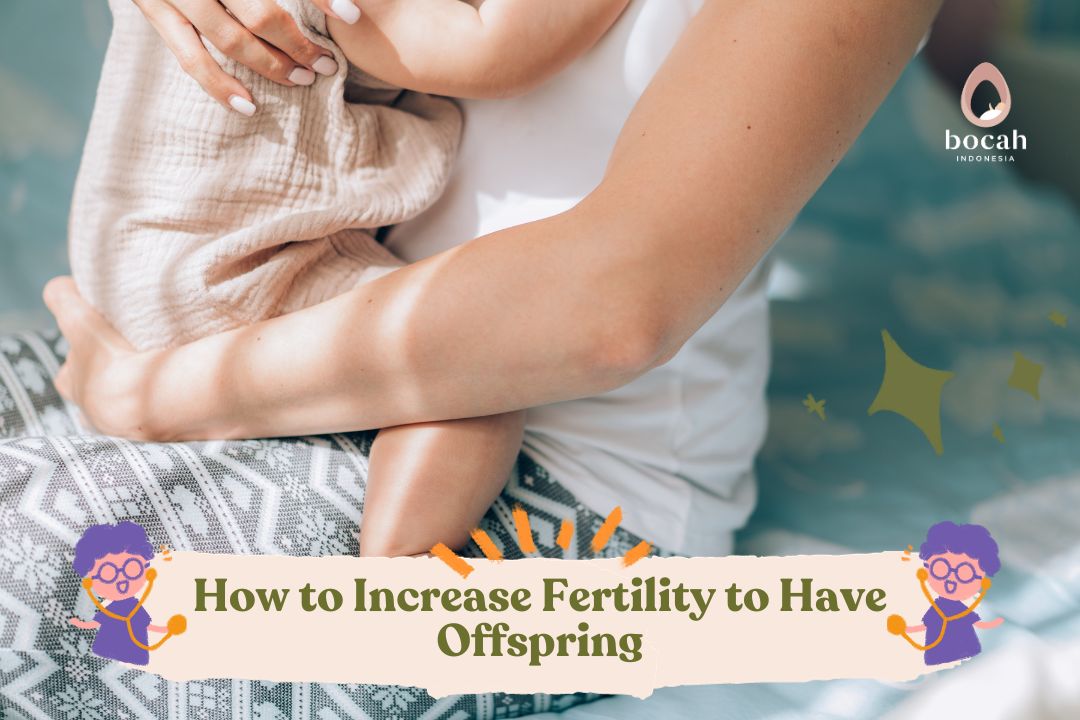
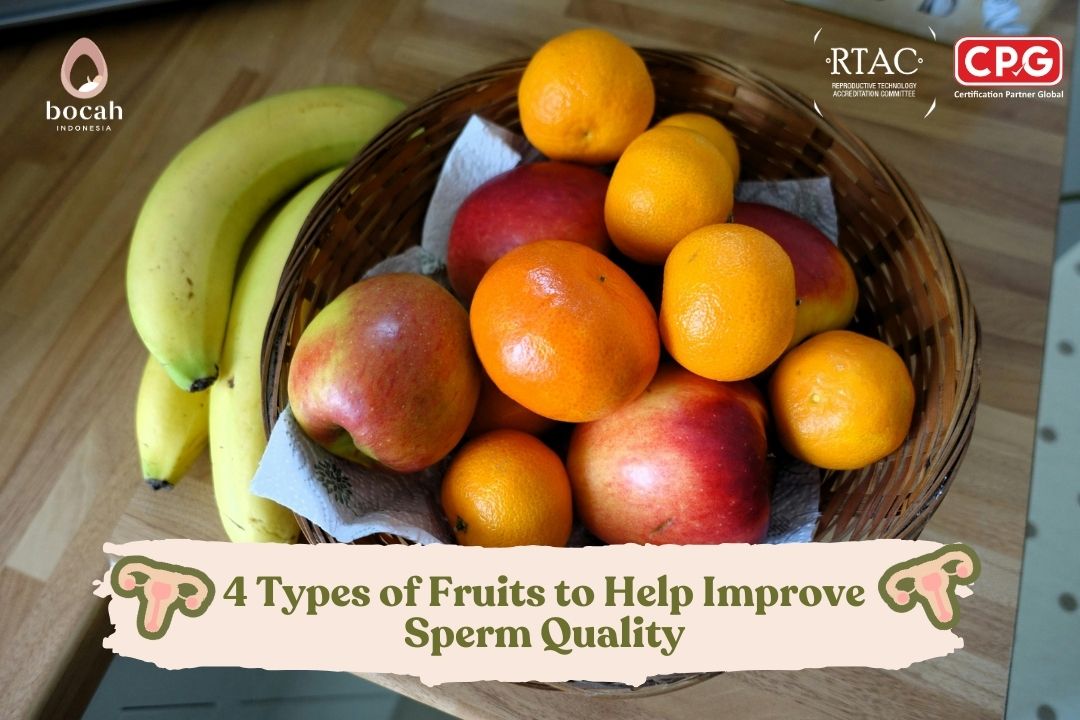

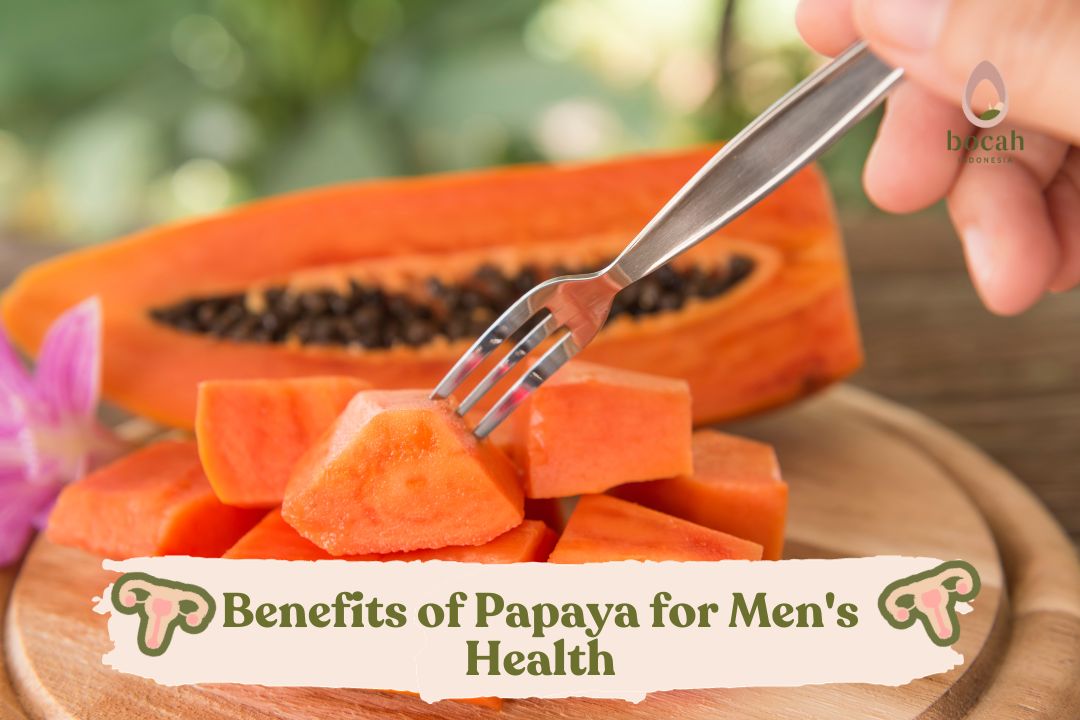
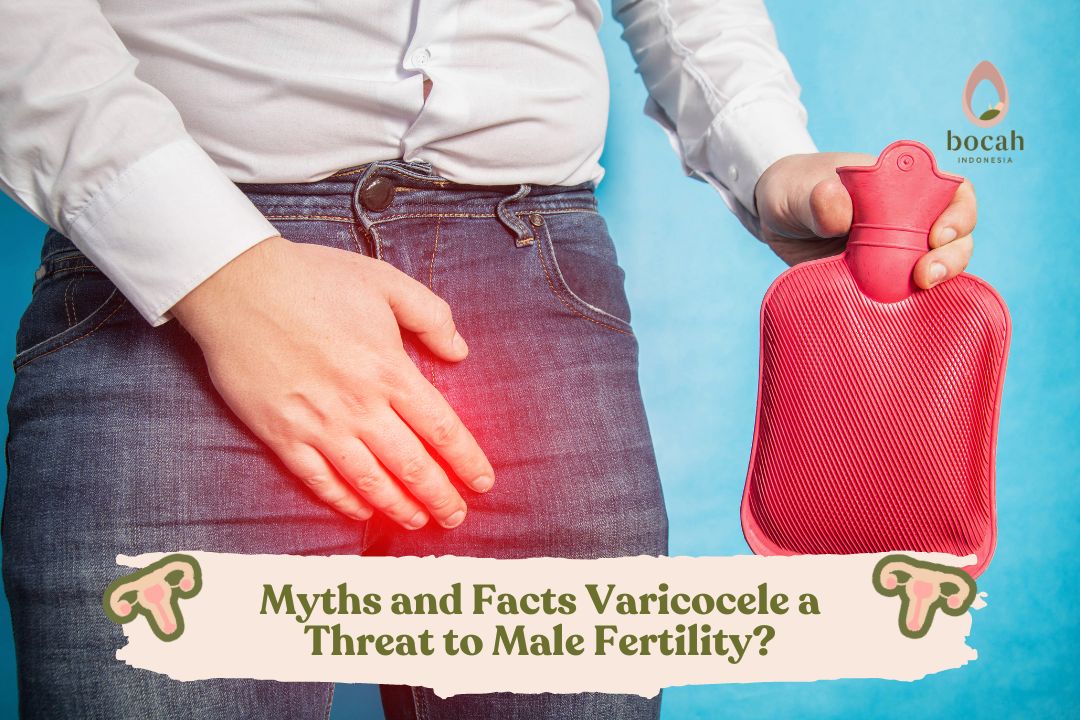
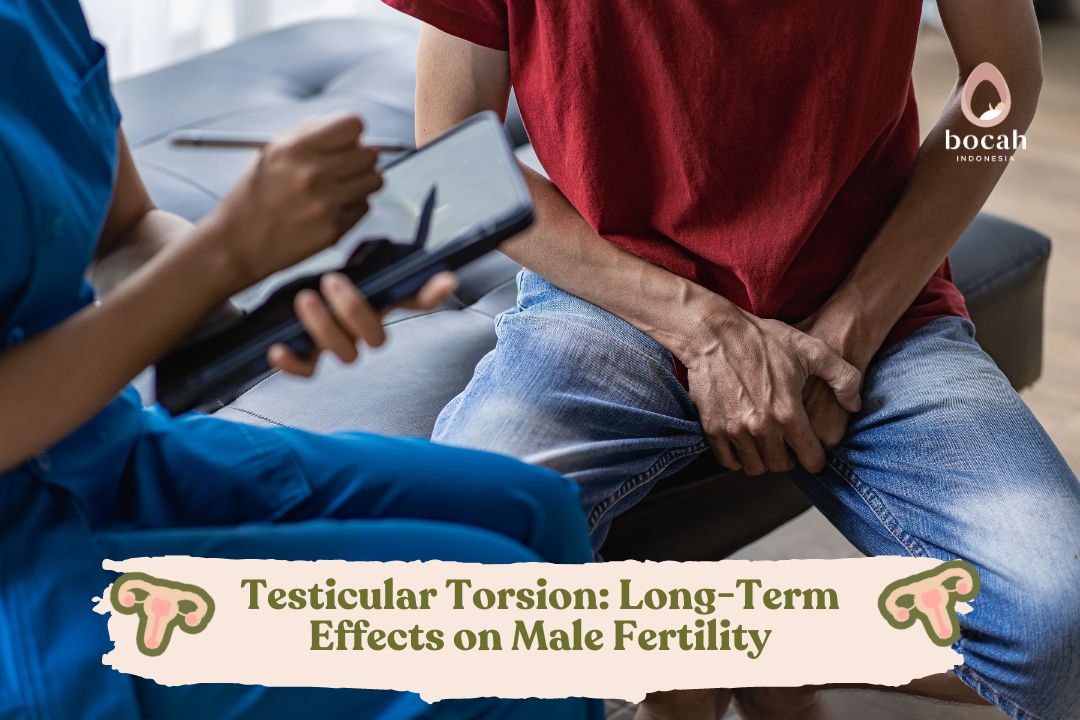
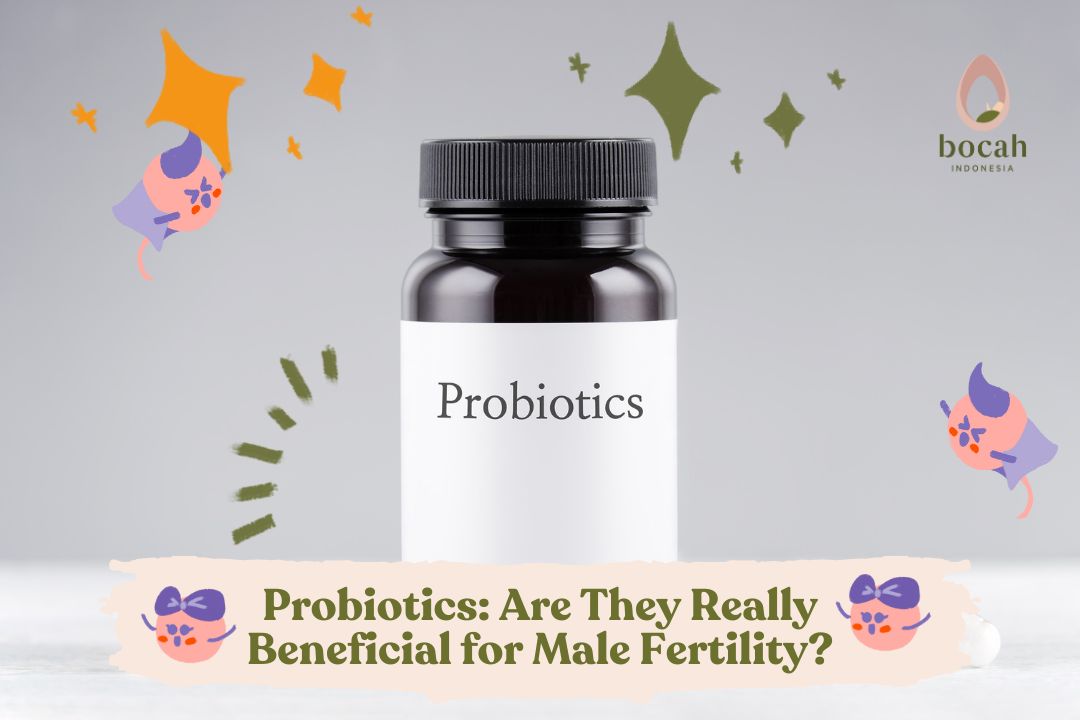

One Response
nice one